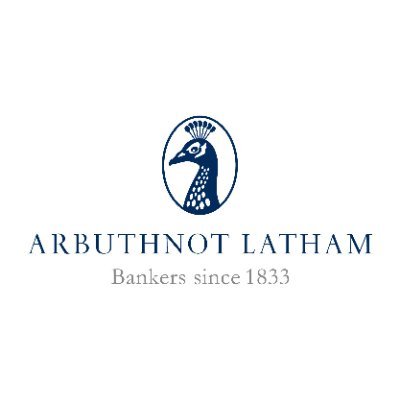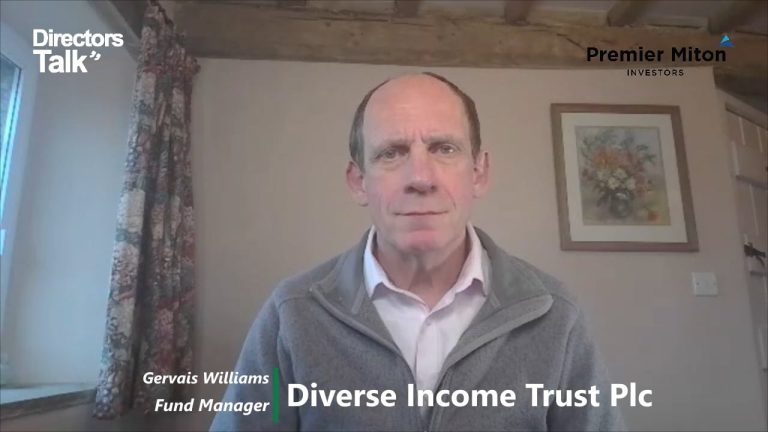Arbuthnot Banking Group plc (LON:ARBB) is the topic of conversation when Hardman & Co’s Analyst Mark Thomas caught up with DirectorsTalk for an exclusive interview.
Q1: You called your recent note ‘1H’24: optimising the franchise value’, can you give a short summary of your key findings?
A1: Arbuthnot Banking Group’s 1H’24 results showed the group’s continued evolution to optimise its franchise value. 2023 saw the peak benefits from ABG’s relationship deposit franchise in the recent rising rate environment. Margins could be widened while still giving customers competitive products. 1H’24 profits fell £6m (-21% on 1H’23), as low-cost fixed deposits matured and rolled into higher-rate products.
The effect was mitigated by i) strong growth in specialist lending, the result of a multi-year strategy, ii) growth in lower-cost SME deposits (a new focus), and iii) the extended duration, and increased volume, of high-quality debt securities instead of placings at the Bank of England (BoE).
Q2: The profits fell in the first half, what drove it and was it expected?
A2: In our April note, ‘2023: delivering strategy with strong profit growth’, we detailed how, in 2023, the company saw the maximum, and I repeat maximum, benefit from how the group had positioned itself for a rising rate environment.
In summary, the company i) chose to have a structural sensitivity, with more assets repricing than liabilities, ii) invested in relationship banking so it could raise significant deposits at below base rate and then place them with the BoE, earning a spread – it grew deposits at a time when they were profitable in their own right, and iii) saw term deposits locked in for the duration of their term, and so repricing up when they matured, and not immediately on the change in the base rates.
Historically, it has taken them up to 18 months for its deposit book to effectively fully reprice to market changes. The well-flagged, and hopefully known and understood by investors, wind-down of this lag effect has been the key driver to profits falling from their unsustainably high level in FY’23. Basically in 2023 it benefited from savings which had locked into lower rates and as these deposits reached maturity they priced at a higher level.
Q3: So, looking forward, what has the group done to mitigate the effects of a falling rate environment?
A3: This is key and, in my view, shows one of the key competitive advantages of the group. It has flexibility in managing its business and multiple options to optimise any rate environment. So what has it done?
Firstly, it has built, over multiple years, an SME financing business which lends at a fixed rate over reasonably long durations, unlike the core bank lending, which, historically, was floating/fixed for short terms only. As detailed on slides 10 to 11 of the 2023 results presentation, the typical RAF loan maturity at end-2023 was 43.5 months and the AAG typical facility 41 months. In 1H’24, as noted above, there was strong growth in specialist lending.
Secondly, it manages the different elements of the deposit book, for example targeting customer segments that are underserved by the market and where cheap deposits may still be available with transactional SME deposits up nearly 20% up YoY. The group’s strong franchise and balance sheet meant that, in 1H’24, it could afford to encourage non-relationship, expensive fixed-term deposits to mature away from the Bank, by not competing on price to retain these balances.
Thirdly, it has executed a switch from immediately repricing central bank deposits to debt securities, which will reprice but not as quickly as the BoE deposits, and also extended the duration of debt securities.
The impact of these measures will depend on how rates fall. A rapid fall in rates would put real pressure on ABG’s returns. However, if the consensus expectation of gently falling rates is met, then much of the pressure is alleviated.
Our forecasts have falling earnings in 2024, driven by maturing deposits, but 2025 forecasts are flat on 2024 as management efforts to mitigate the effects bear fruit.
Q4: You mentioned the growth in specialist SME financing businesses, which appeared a key feature in these results. What can you tell us about that?
A4: Asset Alliance Group is a top 5 provider of contract hire, operating lease and hire of new and used commercial vehicles in the UK, it is the UK’s leading bus & coach leasing, finance, and rental provider. It saw 1H’24 profits of £25k against a loss last year of £2.5m, and assets grew by 40% YOY.
RAF is a specialist asset finance provider, whose main products are HP, finance leases and refinance facilities for a range of assets, including motor vehicles, plant & machinery, engineering and manufacturing equipment, and business-critical soft assets. It reported a profit of £2.2m, 1H’23: £0.7m, and finished the first half with a loan book of £234.3m, equating to annual growth of 49%.
ACABL is a specialist, asset-based lender, focused on delivering facilities to private equity (PE)-backed SME and mid-tier businesses. It provides a full suite of asset-based lending facilities, including invoice discounting, stock finance, property, plant, and machinery, and cashflow loans. Despite the well-known quiet period for PE activity, it grew lending from £240m at the end of 2023 to £264m at the end of the first half 2024, and profits rose 10%.
In our view, the key factors are these are all specialist, value-added, high-margin financing businesses which, with the support of the group’s strong balance sheet, can all grow much stronger than they could as stand-alone businesses. They are real examples of value creation. The fact they also lend longer term and fixed rates helps manage the rate sensitivity.
Q5: What about credit quality?
A5: Market-wide, the probability of default is rising as expected with higher rates. The group’s own experience has been a steady but moderate increase in its accounts in arrears, helped by ABG tightening its lending criteria in 2H’22.
The business model further generates a robust credit outlook by significantly managing the loss in the event of default. Customers provide significant equity and security, new LTVs have been around 50% in the core bank. These low LTVs not only give good security, but also increase opportunity for clients to refinance elsewhere.
ABG’s relationship model identifies problems early, a key driver to limiting losses. Overall, we expect rising impairments but the increase to be moderate.
Q6: Any notes of caution?
A6: Arbuthnot Banking Group is experiencing net interest margins that are higher than it expected over the longer term, as the repricing of deposits generally has a delay of up to 12 months as time deposits reach maturity. Also, the group is yet to see the full impact of the inflationary pressures on its cost base as well as continued investment spend.
As always, there is macroeconomic uncertainty, and the political environment creates its own uncertainties too. Credit deterioration is an obvious risk, but, as I mentioned, the company has been conservative in new lending criteria and taking security, which should reduce both the probability of default and any loss in the event of default.







































